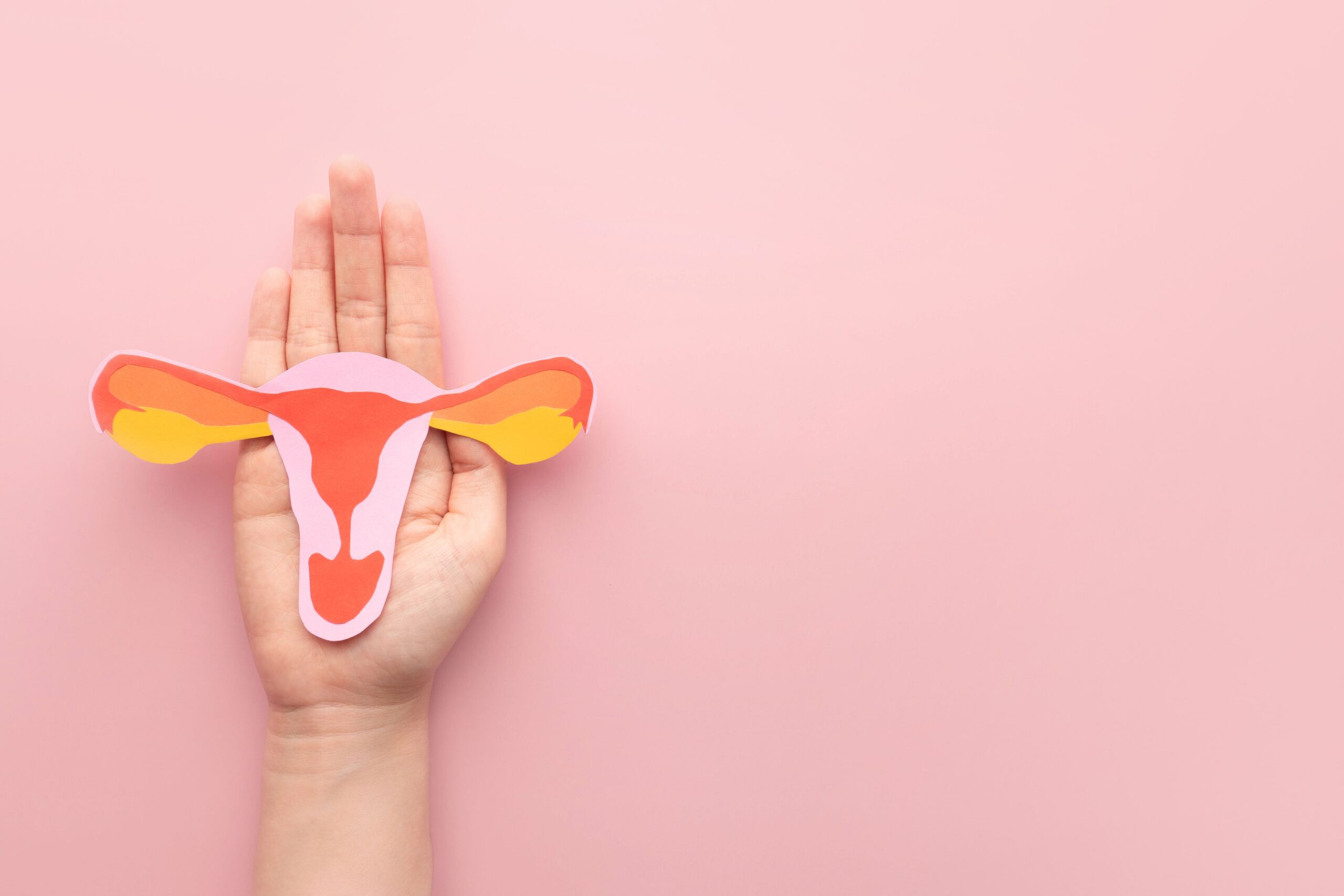The key to stop feeling out of control around food
Ah, the restriction-binge cycle, probably the most common side effect of dieting AND the most frustrating.
Food restriction occurs when you self-impose a calorie restriction for the purpose of weight loss or controlling your body shape.
Let’s be clear, weight loss is not a bad thing IF it happens as a natural consequence of listening to your body. However, problems may arise when weight loss is the goal and any changes that are made, are made with that sole intention.
If you’re thinking – what in the world is this cycle you speak of? It may hit home if we paint the picture for you.
IMAGINE THIS
You decide you want to lose weight and change your body shape, so you take matters into your own hands and try the next ‘it’ diet. On this diet you restrict calories and cut out major foods groups because you are told you should or “it will make you fat”.
The first week you think to yourself “woo! I lost 3 pounds. This thing totally works!”
The next week(s) goes by… you might cancel social engagements because you don’t want to sabotage the diet and all the progress you have made.
Cutting out foods you enjoy and spending time with friends is followed by strong cravings for foods you were told to cut out… so much so that when you finally get so desperate you tell yourself “I will only have one bite”.
All this hard work ends with you going on a pizza bender, perhaps having what you call a binge. You tell yourself “sod it”…
You feel like a failure, like you have no control… no willpower.
Sound familiar?
You are NOT alone.
If this sounds like you, or you are still unsure whether you are stuck in the vicious cycle, here are a few signs to look out for:
- You label foods as “good” or “bad”
- You tell yourself “I shouldn’t have (insert your favourite foods)”
- You feel out of control around food
- You feel guilty when you decide to have foods you enjoy
- You think the only way to be confident and happy is to be thin
- After a long and effortful day restricting those ‘bad’ foods, you find yourself bingeing
- You avoid social situations where food is present
Fun fact! When you are physically hungry your body is trying to communicate something to you.
What happens when you restrict?
Biology doesn’t want you to be hungry.
Nuh huh.
When your body is hungry, it fears it’ survival is being threatened – it is unable to tell the difference between dieting and famine.
This means that the same biological mechanisms that the human body has learnt to cope to prevent starvation occurs when we restrict (diet):
- A spike in hunger hormone ghrelin to tell you to eat and find food
- A spike in Neuropeptide Y (NPY) that stimulates the desire to eat carbohydrates to restore energy reserves
- A dip in the satiety hormone leptin, that normally tells you when you have eaten enough
- Slowing of your metabolism to conserve as much energy as possible (as your body does not know when it will begin to receive enough energy to function optimally)
- Increased thoughts and obsessions of food
- Irritability
- Increased reward and pleasure responses in the brain when food IS eaten
This increased sense of hunger and decreased sense of satiety leads you to feel out of control when you do indeed decide to eat.
Specifically, NPY has a preference towards carbohydrates as it is tightly linked to serotonin levels – a brain chemical that makes you feel calmer. Complex carbohydrates are naturally rich in a chemical called tryptophan, which is required to produce serotonin. So naturally if we eat carbs it may make us feel calmer and restore NPY levels.
The result? Feeling out of control and leading to self-reported binging. Then ALL the efforts you put it to try to eat less will be rendered counterproductive.
A famous study called the ‘Minnesota Starvation Experiment’ was conducted to demonstrate just this. You can read more about it here.
So, what if you tried another way? What if you didn’t have to go hungry to be healthy?
How to get out of the restriction-binge cycle
- When you are hungry, EAT! Your body is telling you that it requires fuel. Think of it like your gas tank beeping on empty. How do you expect to function properly on empty?
- Have three balanced meals in the day spaced evenly throughout the day
- Eat at regular time intervals and limit gaps greater than 4–6 hours between meals/snacks
- Don’t be afraid to eat snacks and carry them with you in case hunger strikes
- When you get hungry, ask yourself if you are meal hungry or snack hungry. Is it actual physical hunger? Or are you bored? Feeling an emotion that is making you default to eating to cope?
- When you eat a snack or meal, check-in with yourself halfway; where are you in terms of fullness? Getting there? Time to stop?
- Get adequate amount of rest 7–8 hours recommended
- Manage stress levels by engaging in activities you enjoy regularly and using breathing techniques such as square breathing, 4–7–8.
NOTE* your food requirements change every single day depending on much sleep you’ve had, exercise you’ve done, your stress levels etc. So, tune in and honour where you are daily.
If you want further support to teach you how to move away from boring diets and want to nurture a more positive relationship with food, CHECK-OUT our 12-week THRIVE Programme! In this programme we address the ins and outs of putting an end to the restriction-binge cycle, teach you how to nurture a positive relationship with your body and food AND guide you towards food freedom. Enquire today!
Team EHL x














